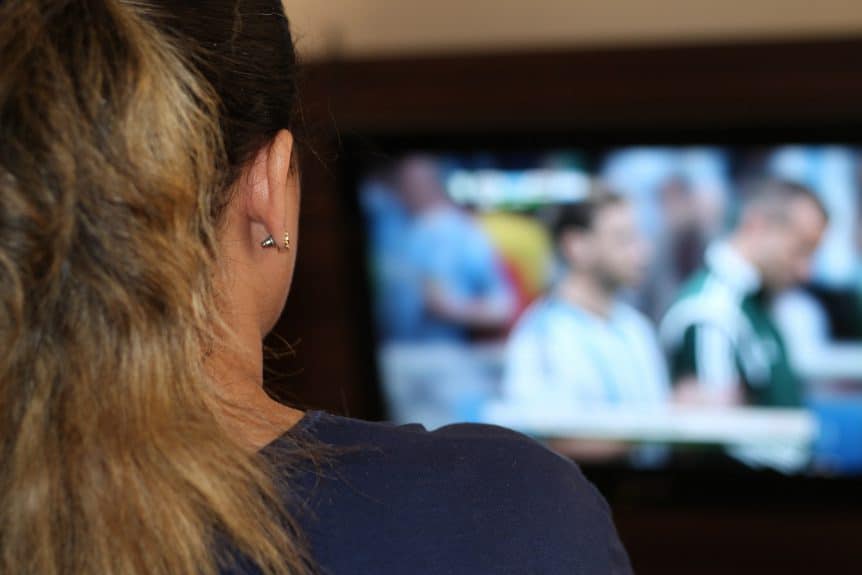Televisions have long grown beyond being a passive box showing what may be floating in the airwaves around your ears, into a fully fletched computer, capable of interactive control, not only reproducing video to be looked at, but collecting data to make your viewing experience even greater and serve advertisement that you may prefer. But beyond that, the data collected goes much further.
Smart TVs as we now call them track everything we do with them, they take note of how long the TV has been on, what channels/programs are being watched, and what advertisement has been seen. And this is across everything seen on TV, including any device that you may have connected to the TV, including the filenames of the movies streamed from your home server.
Of course, there must be a way for the TV to feedback this info to the manufacturers, or programmers. This usually happens when you connect your TV to the internet, and it thus becomes part of the IoT (Internet of Things).
Without internet access, the TV can’t send information to anyone, your data stays at home.
So here we are at decision time, if you don’t want to use these “smart feature” on your TV, you can block this tracking by simply disconnecting your TV from the internet. Either unplug the Ethernet cable or disconnect it from your Wi-Fi network in the TV’s settings.
The setback here is that then the TV no longer can stream any of those movies from Netflix, Prime Video or any other online IPTV provider, or provide playback of recorded shows. Also, many channels that are received the traditional way via antenna now augment their presence with “extra” programming accessible through those coloured buttons on your remote.
Using external devices like AppleTV or Amazon Firestick, The X-box or Roku box will enable most “smart” services again, but all of these come with their own tracking that you should be aware off.
And luckily, although manufacturers will try and push you into accepting all these “snooping” elements when you first set up your TV, there are ways to “de-activate” many of these data collection points. Go to your favourite internet search page and write in “How to Stop Your Smart TV From Tracking What You Watch”, and you will find a list of pages that will assist you through the TV menus to de-activate the “feature”.
Take care though, your TV isn’t the only thing tracking your usage. Independent set-top boxes like the Roku and Apple TV don’t use Automatic Content Recognition — the feature that scans everything from your screen — but they do still have certain tracking features built-in, usually logging which apps you use and when. Another search on the internet
If you’re interested in increasing your privacy, you may want to disable these features as well.
And although you have the options of disabling many of these “features” certain tracking will always prevail. Any streaming service that you use, be it Netflix, Prime Video will always do some limited data collection. They will always track what programs are being watched and how much to “improve” their offerings to you, to provide recommendations, and generically to check on their own service offerings. So, if you want true privacy, you’ll need to divorce yourself from streaming services entirely. You’ll just need to decide how much you really care.


